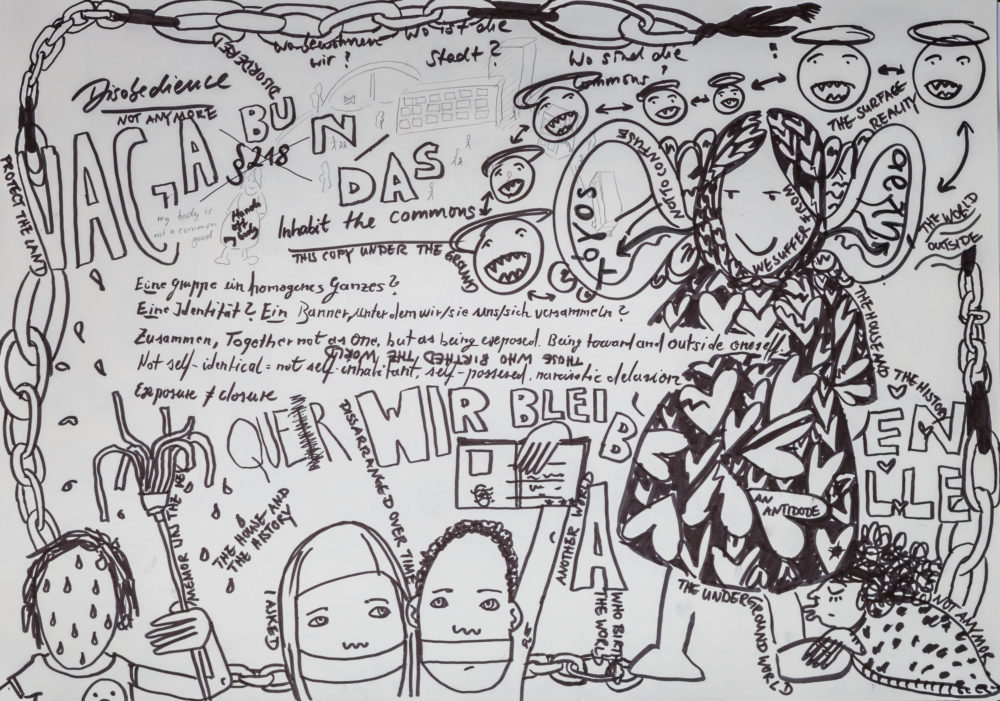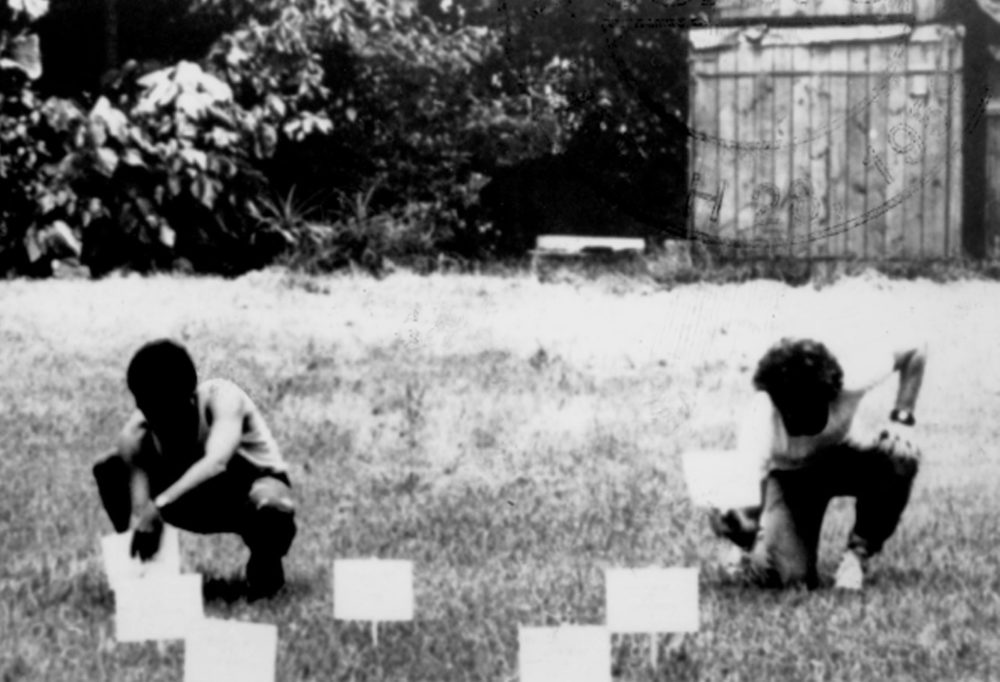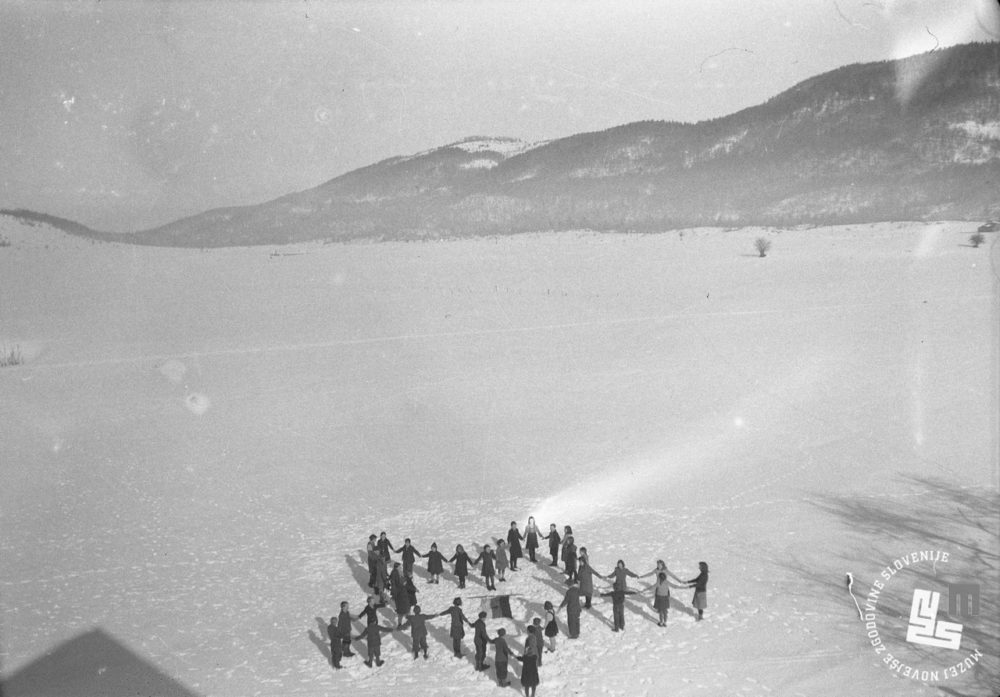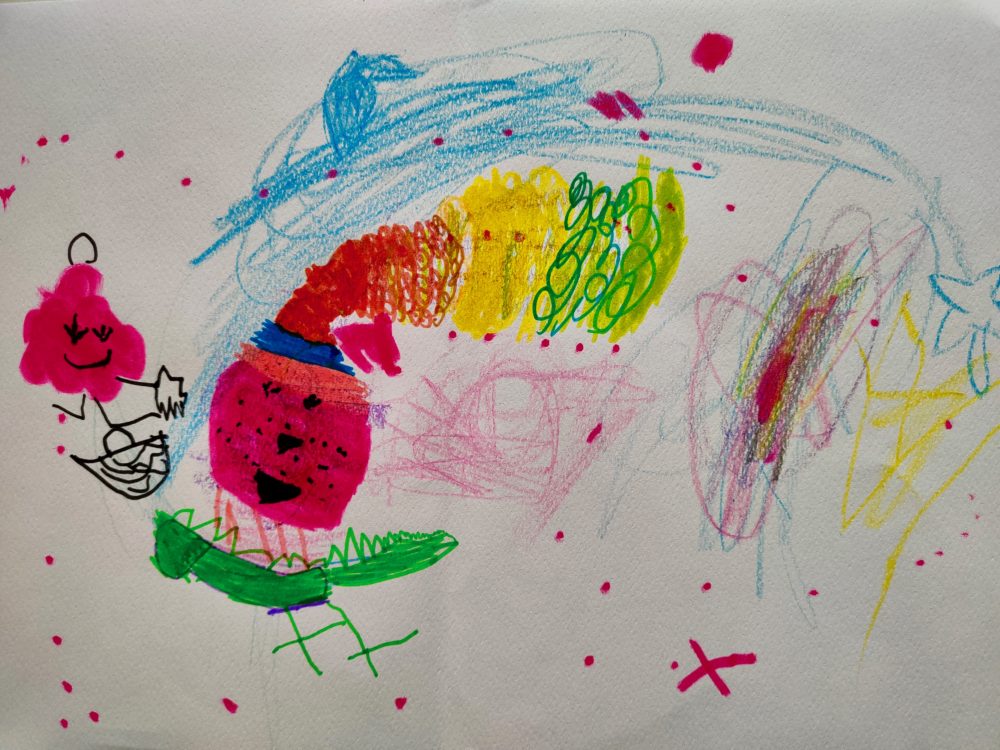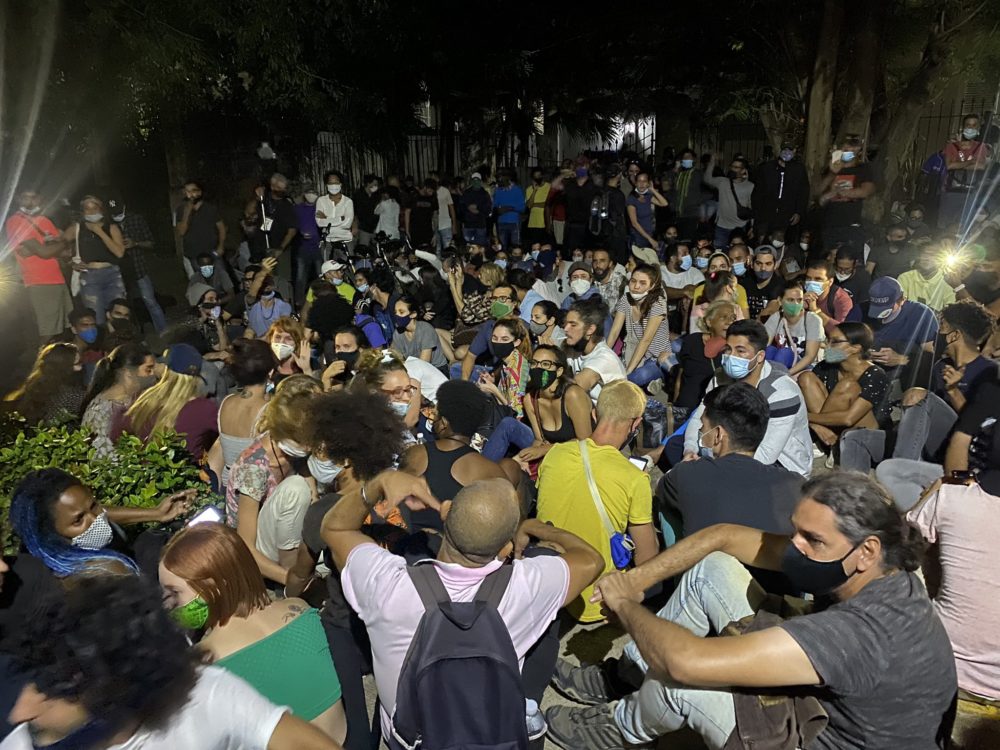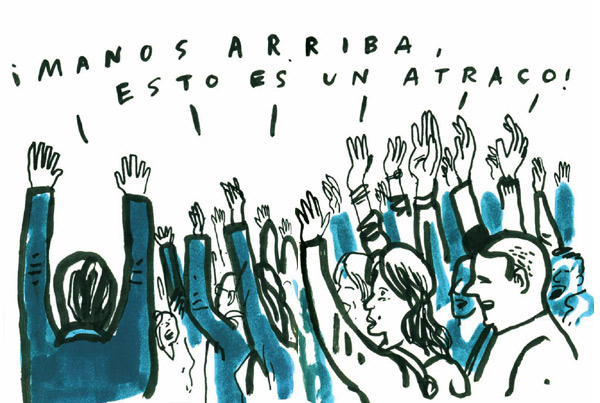People as relational beings always and already find themselves part of various communities. But what actually constitutes community and its continuum when social life is pre-determined by political ideology, technological surveillance and state education? How can continuous care and resistance be a communal or even collective practice? How do communities achieve alterity and reciprocity while allowing for antagonisms? For this edition of the New Alphabet School, HKW collaborates with the Institute of Artivism Hannah Arendt in Havana, Cuba. In a joint effort to bring together artists, activists, researchers and the general public for an online discussion, this edition will reflect on how self-organized communities and public discourse are constituted and how they might develop practices of peaceful resistance. How can communities stand up for guaranteed rights despite a reality in which these are constantly violated?
Curated in collaboration with Juliana Rabelo, Tania Bruguera and Camila Lobón
The Event
#CommunityBuilding
With Tania Bruguera, Chantal Mouffe, Saskia Sassen, Richard Sennett and others, moderated by Juliana Rabelo
Inhabiting can be understood as a practice of appropriation and resignification of space, body and collectivity. Starting with texts on gender and affective, social and literary dissidence, the workshop out of which these drawings emerged aimed to challenge collective graphic narratives. Through drawing and writing exercises, the time spent together became a way to create an ephemeral and transitory community to share strategies of re-appropriating bodies and spaces by re-inhabiting them. The joined reading process opened a dialogue from a perspective of sensibility, intelligence, and desire. The participants generated collective visual narratives, contaminating the different spaces that the participants re-inhabited with their bodies.
read moreAuthors and artists interested in socially engaged art have engaged in this type of artistic practice as a mode of community building in response to the individualism and alienation encouraged by capitalist systems (Bourriaud 1998; Bishop 2006, 2012; Schneider and Wright 2006, 2013). However, in Cuba, a self-proclaimed socialist country since 1961, participation has been the device to sustain an authoritarian state with a single political party, and community initiatives have been replaced by state control. In this piece, I concentrate on artistic practices that have made participation and their emancipating failure essential to their work processes. I intend to highlight four moments and ways of embracing participation under the island’s specific conditions. With this analysis I intend to add new dimensions to the habitual opposition between collectivization vs. nihilism and emancipating symbolic gesture and the hegemony of capitalism.
read moreThis contribution by Gal Kirn takes the New Alphabet School on a journey through one of the darkest times of the twentieth century: fascist occupation during World War II. It takes a closer look how at the former occupied Yugoslavia where there were no established communication channels and no material and infrastructural base for antifascist resistance, but nevertheless a genuine articulation of partisan art and politics that emerged and contributed to a collective cultural and political form of resistance that had a broad popular and democratic base. New partisan forms of cultural production and dissemination became a veritable weapon in the struggle against fascism, a pivotal tool that was needed in order to create a new political subject/entity: a “weapon of mass creation.”
read moreMany small, self-run childcare projects in Rome flourished in the past few years: they are mutualistic organizations for childcare that provide both parental support as well as alternative and affordable childcare. They question – in a collective way – the pedagogical and educational features of childhood in metropolitan contexts by widening the collective life that takes place every day outside the school as well as outside their domestic unities. The decentralization of the adult world constituted a trans-generational practice of community building that questions the subjects and space of education in the city of Rome.
read moreIn this interview conducted by Gigi Argyropoulou, Gerardo Mosquera looks back on the 1984 Havana Biennial by giving a personal historical account of the various governmental, communal, and institutional players in Cuba’s artistic and cultural scene. Mosquera further reflects on the situation today as artists and curators fight against a political moment of artistic and intellectual repression by using art as activism.
read more
According to Isabell Lorey, it is essential to invent new forms of democracy and to understand how we are specifically governed by a perverse democratic governing system, which encourages increased precarisation. To counter this, Lorey proposes the subversive figure of the immune: constituent immunisation. She postulates that constituent immunisation stresses a renewed ordering in which the safeguarding of the political body is no longer at stake. Instead, we must turn to the constituting of those who were formerly constructed as a threat.
read more